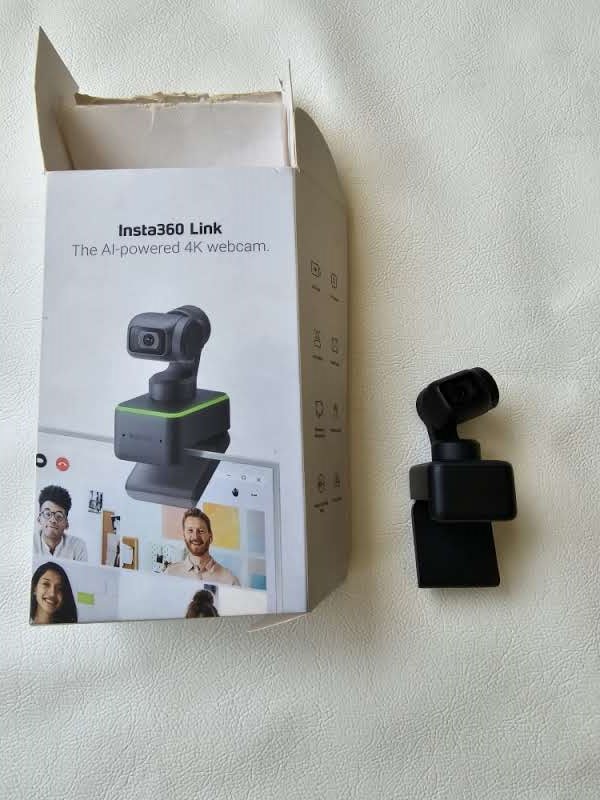“Meta’s Artemis Project Takes Shape”
In a significant development, Meta Platforms, the parent company of Facebook, appears to be accelerating its pursuit of artificial intelligence (AI) hardware independence. Initially planning to integrate its custom-designed AI chips, known as Artemis, alongside Nvidia H100 GPUs, recent job advertisements for ASIC engineers suggest a more assertive move towards developing its own AI hardware.
Unveiling Meta’s Job Listings:
Recent reports from The Register highlight job listings for ASIC engineers with expertise in architecture, design, and testing in Bangalore, India, and Sunnyvale, California. These positions indicate Meta’s ambition to cultivate in-house talent for the creation of latest machine learning accelerators, complex System-on-Chips (SoCs), and Intellectual Properties (IPs) tailored for datacenter applications. With competitive salaries reaching nearly $200,000, these roles signal a robust commitment to Meta’s hardware aspirations.
Meta’s Unspecified Project and AGI Ambitions:
While the specific details of Meta’s project remain undisclosed, it is speculated to align with the impending launch of “Meta Training Inference Accelerators” later this year. Beyond immediate goals, Meta’s broader aspirations extend to artificial general intelligence (AGI), hinting at potential requirements for specialized silicon to fuel their ambitious ventures.
Strategic Move Amid Growing AI Demand:
Meta’s decision to invest in in-house AI hardware development is seen as a strategic response to the surging demand for AI technology and Nvidia’s challenges in meeting this demand. By developing proprietary technology, Meta aims to secure a competitive edge in the fiercely contested AI hardware market, reducing reliance on external suppliers.
Global Implications and Industry Trends:
The choice of Bangalore, India, for job postings aligns with Meta’s strategy while also resonating with the Indian government’s ambitions to become a significant player in the global semiconductor industry. This move adds to the growing trend of tech giants seeking alternatives to Nvidia’s hardware, with rumors suggesting Microsoft’s efforts to diminish its dependence on Nvidia through the development of server networking cards for optimized machine-learning workloads.
Conclusion:
As Meta forges ahead with its Artemis project and in-house AI chip development, the tech industry witnesses a paradigm shift, with major players strategically positioning themselves to navigate the evolving landscape of AI hardware. The move not only underscores Meta’s commitment to technological self-reliance but also reflects a broader trend among industry leaders seeking innovative solutions amid the increasing demand for advanced AI capabilities.




